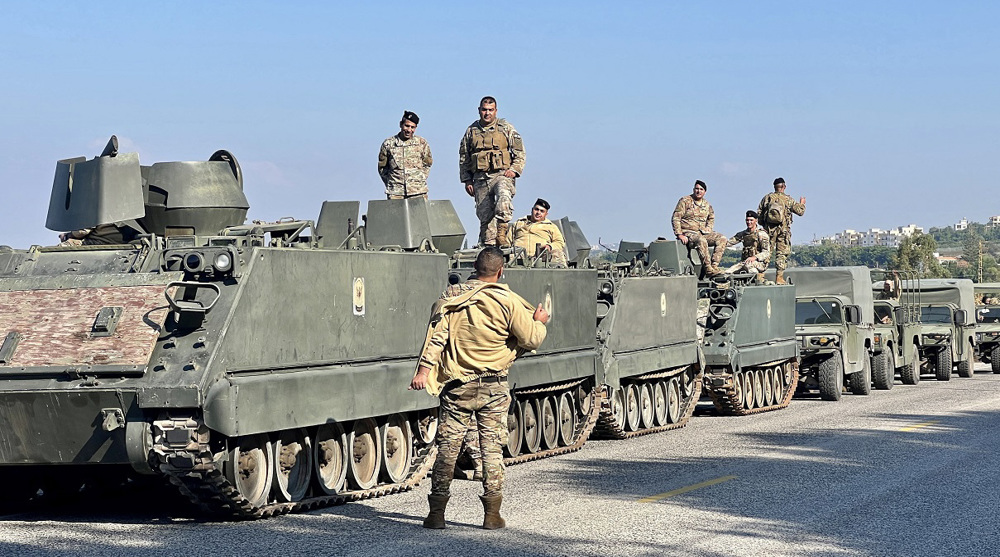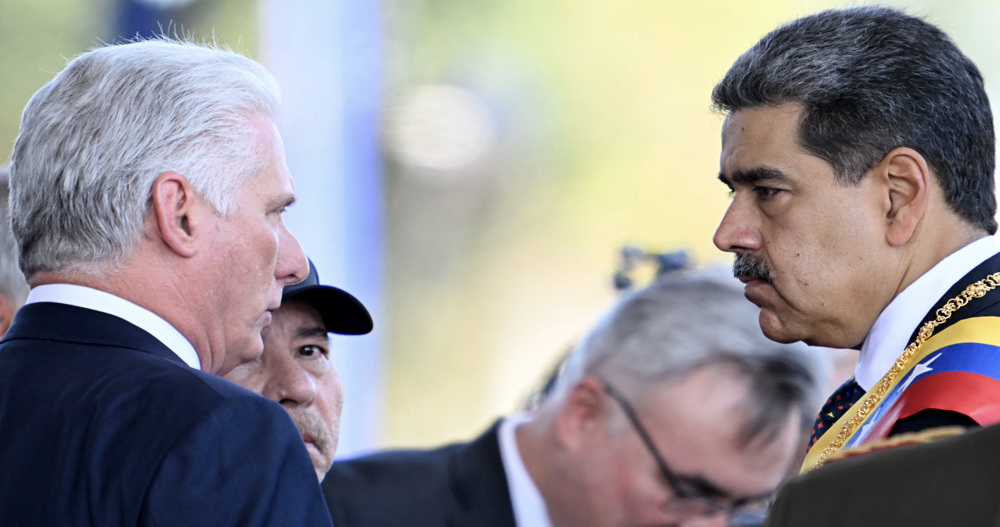Obama, Putin agree to implement Syria agreement
US President Barack Obama and his Russian counterpart Vladimir Putin have agreed to cooperate to implement the Syria agreement reached during talks in Munich, Germany, the Kremlin says.
The Kremlin issued a statement on Sunday after the two presidents talked over the phone on ways to intensify diplomatic and other types of efforts to put the deal into effect.
Both leaders gave a "positive valuation" to the meeting held on Syria on Feb. 11-12 in Munich, the statement read.
"In particular, a support was expressed to efforts of two target groups: for ceasefire and humanitarian aspects," the Kremlin said.
Obama and Putin also stressed the need for the US and the Russian defense ministries to have close working contacts in order to “successfully fight” the Daesh (ISIL) and “other terroristic organizations."
Putin also talked to Obama about the significance of creating a united anti-terrorism front, the statement added.
On Thursday, the International Syria Support Group (ISSG) agreed to end hostilities in Syria and to provide rapid humanitarian access to besieged Syrian towns.
The agreement, set to begin in a week, came following the Munich marathon meeting, which was aimed at resurrecting peace talks that collapsed last week.
The talks were suspended on February 3 after the Saudi-backed opposition group, known as the High Negotiations Committee (HNC), refused to attend the sessions.
On Friday, Russia’s Foreign Minister Sergei Lavrov said that a ceasefire is to take effect within a week.
He urged the Saudi-backed opposition to abandon its “unconstructive” stance and return to the negotiating table without preconditions.
“I hope that the opposition and those who control various groups of opposition will have no more reasons to somehow avoid meeting their obligations,” Lavrov said.
At a news conference, US Secretary of State John Kerry said the Munich meeting produced commitments on paper only.
"What we need to see in the next few days are actions on the ground, in the field," he said, adding that "without a political transition, it is not possible to achieve peace."
Lavrov, however, rejected the calls for the resignation of Syrian President Bashar al-Assad, saying the idea that Assad’s removal could improve the situation in the Arab country is an “illusion.”
He said peace talks between the Syrian government and opposition should resume in Geneva immediately. He also called on all opposition groups in Syria to attend the UN-brokered talks.
The foreign-sponsored conflict in Syria, which flared in March 2011, has claimed the lives of some 470,000 people and left 1.9 million injured, according to the Syrian Center for Policy Research.
Moreover, 6.36 million people have been displaced internally and more than four million others have fled the country since the beginning of the conflict. That accounts for 45 percent of the country’s population, which has shrunk by 21 percent.
Explainer: What makes Iran's Rezvan and Raad loitering munitions prized assets?
VIDEO | Unseen agony: Missing loved ones of genocide in Gaza
Iran cuts gold import tariff to zero
Pezeshkian: Iran determined to develop, boost ties with neighbors
VIDEO | Israel, Hamas ceasefire agreement: Closer than ever
VIDEO | Gaza ceasefire to be put in place under resistance conditions
Hot water and sewage: Palestinians share harrowing tales of torture in Israeli prisons
VIDEO | Thousands evacuated in Ethiopia amid earthquakes, volcanic eruption fears













 This makes it easy to access the Press TV website
This makes it easy to access the Press TV website